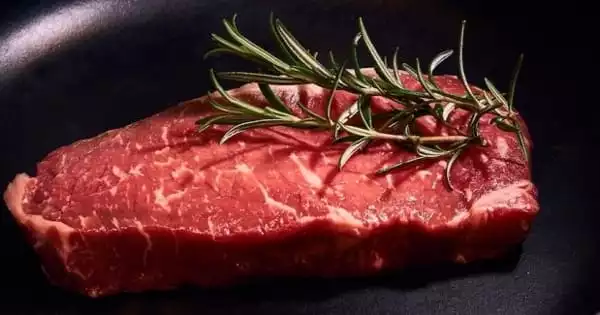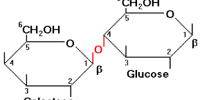Plant-based diets, such as fruits, vegetables, and whole grains, have been linked to lower cancer risk, whereas consuming red and processed meat raises the risk of colon cancer and may increase the risk of other cancers. Vegetarians (those who avoid all meat and fish) and vegans (those who also avoid dairy products and eggs) typically consume more plant foods than meat-eaters.
A study published in the open-access journal BMC Medicine found that eating meat five times or less per week is connected with lower overall cancer risk. According to a large study that ties meat consumption to an increased risk of cancer, vegetarians have a 14 percent reduced risk of contracting the disease than carnivores.
A team of researchers from Oxford University analyzed data on more than 470,000 Britons and found that pescatarians had a 10% reduced risk. Compared with people who eat meat regularly – defined as more than five times a week – those who consumed small amounts had a 2% lower risk of developing cancer, the study found.
Cody Watling and colleagues from the University of Oxford in the United Kingdom explored the link between food and cancer risk by analyzing data from 472,377 British people enrolled in the UK Biobank between 2006 and 2010. Participants, aged 40 to 70 years, reported how frequently they ate meat and fish, and the researchers used health data to assess the incidence of new malignancies that occurred over an average of 11 years.
We discovered that those who ate meat five times or less per week had a 2% lower overall cancer risk, those who ate fish but not meat had a 10% lower risk, and vegetarians and vegans had a 14% lower risk than those who ate meat more than five times per week.
Cody Watling and colleagues
In their studies, they took diabetes status as well as sociodemographic, socioeconomic, and lifestyle factors into account. 247,571 (52 percent) of participants ate meat more than five times per week, 205,382 (44 percent) ate meat five or fewer times per week, 10,696 (2 percent) ate fish but not meat, and 8,685 (2 percent) were vegetarian or vegan. During the course of the trial, 54,961 participants (12%) acquired cancer.
Their study of participants in the UK Biobank study also found that:
- Low meat-eaters – who consume meat five or fewer times a week – had a 9% lower risk of developing bowel cancer than regular meat-eaters.
- Vegetarian women were 18% less likely than those who ate meat regularly to develop postmenopausal breast cancer, though that may be due to their lower body mass index.
- Vegetarian men have a 31% lower risk of prostate cancer while among male pescatarians it is 20% lower.

The researchers discovered that those who ate meat five times or less per week had a 2% lower overall cancer risk, those who ate fish but not meat had a 10% lower risk, and vegetarians and vegans had a 14% lower risk than those who ate meat more than five times per week. When the incidence of particular malignancies was matched to the diet of participants, the authors discovered that those who ate meat five times or less per week had a 9 percent reduced risk of colon cancer than those who ate meat more than five times per week.
They also discovered that men who ate fish but not meat had a 20% reduced risk of prostate cancer, and those who maintained a vegetarian diet had a 31% lower risk of prostate cancer than men who ate meat more than five times per week. Postmenopausal women who ate meat more than five times per week had an 18% lower risk of breast cancer than those who ate meat less than five times per week. However, the findings show that this is due to vegetarian women having a lower body mass index (BMI) than meat-eating women.
The researchers emphasize that the study’s observational nature precludes drawing conclusions regarding a causal association between diet and cancer risk. Furthermore, because the UK Biobank dietary data was taken at a single point in time rather than over a long period of time, it may not be typical of people’s lifetime diets.
The authors recommend that future studies might look at the links between low- or no-meat diets and the risk of specific cancers in larger populations with longer follow-up periods.
The lower risk of colorectal cancer among low meat-eaters is consistent with prior data that meat consumption has a negative influence. Vegetarian women may have a lower risk of postmenopausal breast cancer due to their lower BMI. It is unclear if the other disparities observed for all malignancies and prostate cancer are due to causal links or other variables such as residual confounding or differences in cancer diagnosis.
















